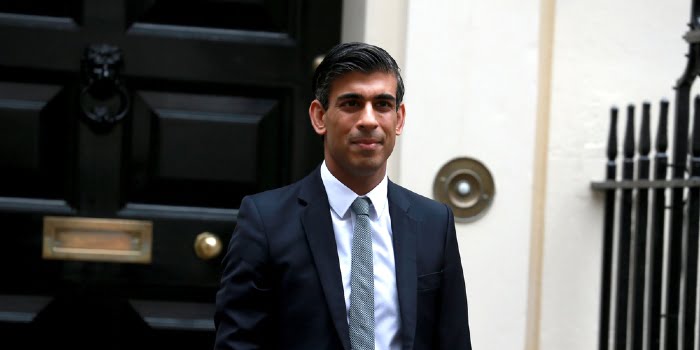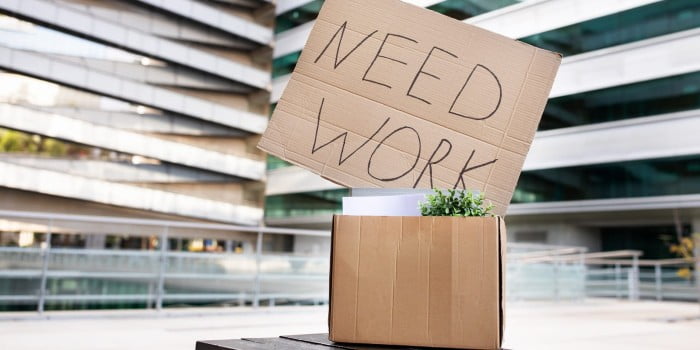Yesterday, Rishi Sunak, the Chancellor of the Exchequer, announced his Spring Statement in Parliament. But has he heeded calls to support small businesses?
High energy and fuel costs, rising inflation and high prices on many commodities have put financial pressure on small businesses. Especially, as many are still recovering from the pandemic. This prompted organisations such as the Federation of Small Businesses to call for the Chancellor to support small businesses.
Has the Chancellor listened and announced measures in his Spring Statement that will help small UK businesses to cope in these challenging times?
What Was In The Spring Statement?
The Chancellor started his statement by referencing the Russian invasion, which he claimed has a big impact on our recovery from the pandemic. With this, he set the tone for the Spring Statement.
The actions we have taken to sanction Putin’s regime are not cost-free for us at home. The invasion of Ukraine presents a risk to our recovery as it does to countries around the world.
Rishi Sunak, Chancellor of the Exchequer
The State Of The UK Economy
To explain his decisions made in the Spring Statement, the Chancellor has given an update on the state of the UK economy and its growth.
The Office for Budget Responsibility (OBR) forecasts that the UK economy will grow by 3.8% this year. Earlier forecasts predicted a growth of 6%. In 2023, the ORB predicts that the economy will grow by 1.8% and in 2024 by 2.1%, 1.8% in 2025 and 1.7% in 2026.
Inflation hit 6.2% in February, but is predicted to peak at 8.7% in the fourth quarter of 2022. The average inflation for this year is forecasted to be 7.4%.
Unemployment currently stands at 3.9%. Predictions for the coming years are now lower than the earlier forecast by the ORB. It is expected that between now and 2027 there will be 400,000 fewer people employed than before the pandemic.
The reasons given for this decrease are early retirement, long-term sickness and a lower number of workers arriving from abroad.
The Chancellor also announced that borrowing is predicted to fall from 83.5% of Gross Domestic Product (GDP) in 2022/23 to 79.8% in 2026/27. Government spending on debt interest is forecast to be £83bn, in the next financial year.
What Immediate Help The Chancellor Offered
To counter the cost of living crisis that is squeezing household budgets, the Chancellor has announced that he will cut fuel duty by 5p a litre until March 2023. This cut is worth £2.4bn. This fuel duty cut took effect on Wednesday 6pm. This is good news for households and small businesses.
The statement also included a VAT rate cut from 5% to zero for households who install solar panels, heat pumps or insulation. This new VAT rate will stay in place for the next five years and will support households to become more energy efficient.
The big news in the Spring Statement for workers and small UK businesses comes in the form of lifts to the National Insurance Contribution (NIC) thresholds. The NIC threshold for workers will rise to £12,570 from July 2022, which will benefit almost 30 million employees.
With 70% of workers paying less, even once the NICs have increased. 2.2 million people won’t have to pay NICs at all.
The support for families with rising costs of living will also benefit many small businesses, because it will allow people to spend money on non-essentials with small UK businesses.
For businesses, the Employment Allowance will rise by £1,000 to £5,000. This rise will result in 50,000 small UK businesses no longer paying NIC or the Health and Social Care Levy.
So, while the Chancellor has not scrapped the NIC tax rise, he has cushioned the impact of this rise for both workers and small businesses. This change will come into effect on 6 April.
Other Measures Supporting Small Businesses
Another announcement that will help small businesses is the commitment to reforming the R&D tax reliefs. This has been so complicated, that many small businesses have not been able to benefit from it, unless they pay intermediaries to help them with applications.
The Chancellor has also announced that the scope of the R&D reliefs will be expanded to include data, cloud computing and pure maths to increase the number of small businesses benefiting from the reliefs.
Mr Sunak is also planning on consulting with businesses on various issues, such as lack of skills in the workforce and the reform of the apprenticeship levy to boost the UK’s productivity.
Innovation accounted for half of the UK’s productivity over the past 50 years. Weak private investment is a longstanding problem for the UK.
Rishi Sunak, Chancellor of the Exchequer
He also announced that he will bring forward two new business rates reliefs, which will now come into effect in April 2022. These will target a range of green technology, such as solar panels or batteries, on which no business rates will be payable. Eligible heat networks will also benefit from a 100% business rate tax relief.
The Chancellor seemed to have listened to the blight of small UK businesses and has announced measures in his Spring Statement to support them.






